Rewarded for Hard Work: Snipe Camp
[caption id="attachment_10538" align="alignnone" width=""]Snipe Camp 2014 was a reward in itself. Photo: PaulCroninStudios[/caption]By Carol Cronin (Where Books Meet Boats) We hear it all the time: "work hard and you will be rewarded." But too often those "rewards" are either so vague or so far in the future, they don't seem real. Except for sailboat racing, where the rewards for hard work can often be instantaneous. Last February, Kim Couranz and I qualified for the Snipe Western Hemisphere and Orient Championship, which takes place September 6-12, 2014 in San Diego. The "Westerns" or "WHO" is an international event similar to the Worlds, except that it excludes the Europeans (who had their own very tough 2014 event). ...
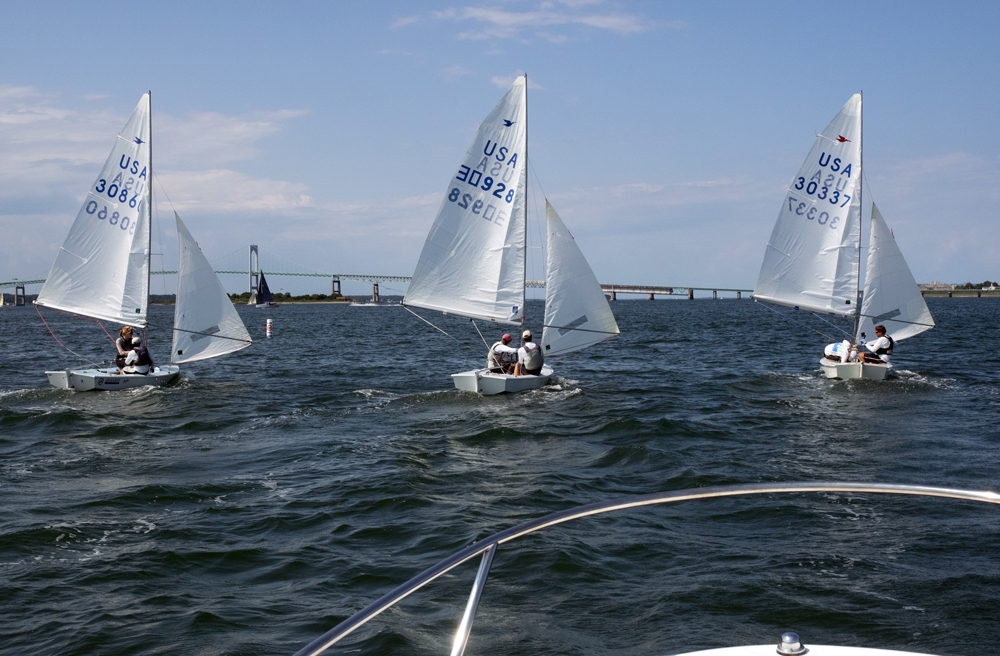

By Carol Cronin (Where Books Meet Boats)
We hear it all the time: “work hard and you will be rewarded.” But too often those “rewards” are either so vague or so far in the future, they don’t seem real.
Except for sailboat racing, where the rewards for hard work can often be instantaneous.
Last February, Kim Couranz and I qualified for the Snipe Western Hemisphere and Orient Championship, which takes place September 6-12, 2014 in San Diego. The “Westerns” or “WHO” is an international event similar to the Worlds, except that it excludes the Europeans (who had their own very tough 2014 event).
…
With an international regatta on our horizon again we stepped up our game, though that may not have been apparent to anyone but us; on the surface, we were just showing up for regattas as always, racing hard and laughing afterwards at our mistakes. The difference was very subtle: a renewed focus on improving our boat speed—which was fine, but we were ready to take the next step. And we’d been sailing the boat long enough to realize that climbing the next few ladder rungs would require subtle changes that would likely have unexpected consequences and therefore require other changes.
The Snipe rig is a bit quirky in how it reacts to changes in velocity, crew weight, sailing style, and sail trim; we’d already mastered the basic tuning setup, so it was time to develop our own numbers that would keep us fast through a large range of conditions. Since we’re lighter than most of our competitors, we couldn’t just copy the fast settings of others; we had to first understand the variables, and then try to tune our boat for us. Luckily, we have a lot of smart friends who’ve put a lot of thought into Snipe tuning, which turned into a lot of fun conversations.
Everyone of course had a different opinion, so we quickly realized we just needed to go sailing. Only through time on the water could we experiment and see what worked for us. And tuning at regattas wouldn’t work, because there wasn’t enough time to try anything new. We needed a training camp.
And so was born what turned out to be the highlight of my summer: “Snipe Camp,” a two day speed testing session, somehow jammed into the week between two regattas in Boston. We brought together a coach, coach boat, and a group of fast Snipe teams who all, amazingly, left the dock at around the same time—which may not sound like much, but the number of phone calls, texts, and emails involved was pretty staggering. Thanks to my Snipe Camp crew, Jess Claflin, for jumping in and helping us go fast while Kim was stuck at work.
Luckily the conditions (on the only two days that fit into all of our schedules) turned out to be perfect, with flat water and a steady 10-12 knot breeze that allowed us to see the effects of any change no matter how small. Our close lineups provided all the adrenaline of racing—but when someone fell behind, the rest would wait up and start again.
(And since Snipe competitors are also Snipe friends, the after-tuning dinner parties went on far too late. Serious Sailing, Serious Fun®, just like the class motto promises.)
Best of all, we were instantly rewarded for all that hard work (cerebral, logistical, and physical). The very next weekend we sailed the North Americans during a breezy three days in Boston Harbor, with 36 other Snipes and fairly long courses. In 11th after the first day, we climbed to 8th after the second day, and then to a final 6th place overall after finishing second in the last race of the regatta. Best of all, we were making use of those small adjustments we’d learned, to keep us going fast as conditions changed. “It’s not rocket surgery,” as Alex Pline (Snipe sailor and rocket scientist) likes to say.
Kim and I sailed the 2010 Westerns, and it was a very deep and tough fleet (though not as hard as the 2011 Snipe Worlds). So my expectations for 2014 are suitably reigned in. But no matter how we end up at that event, I’m feeling rewarded for all our hard work leading up to it.
And I’m already starting to think about Snipe Camp 2015.
Comments for this post are closed

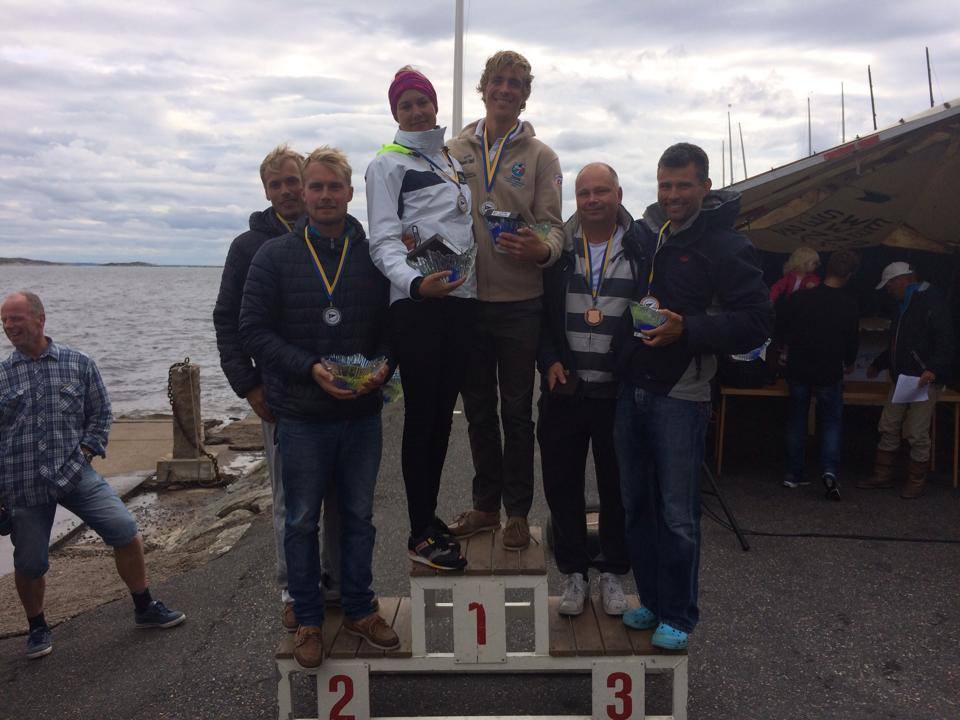
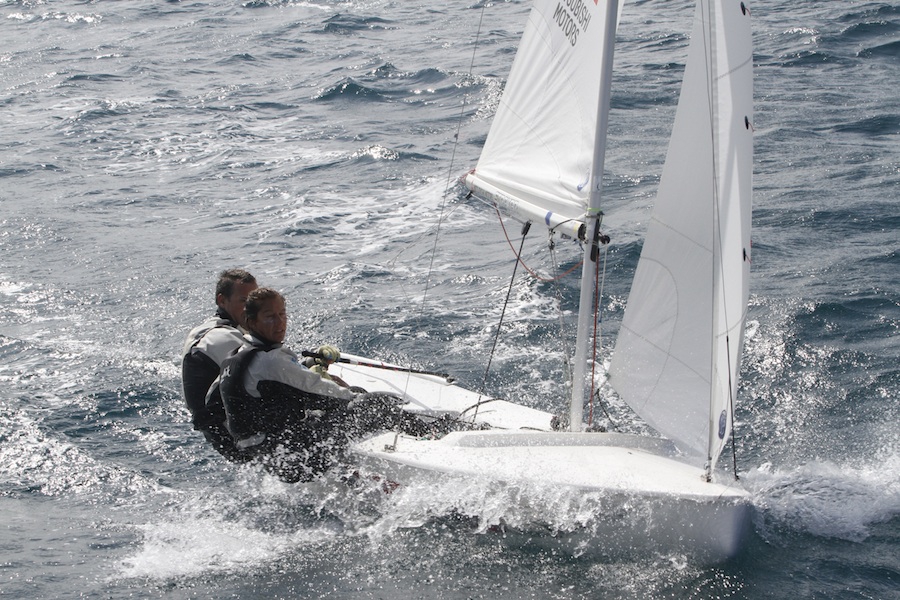
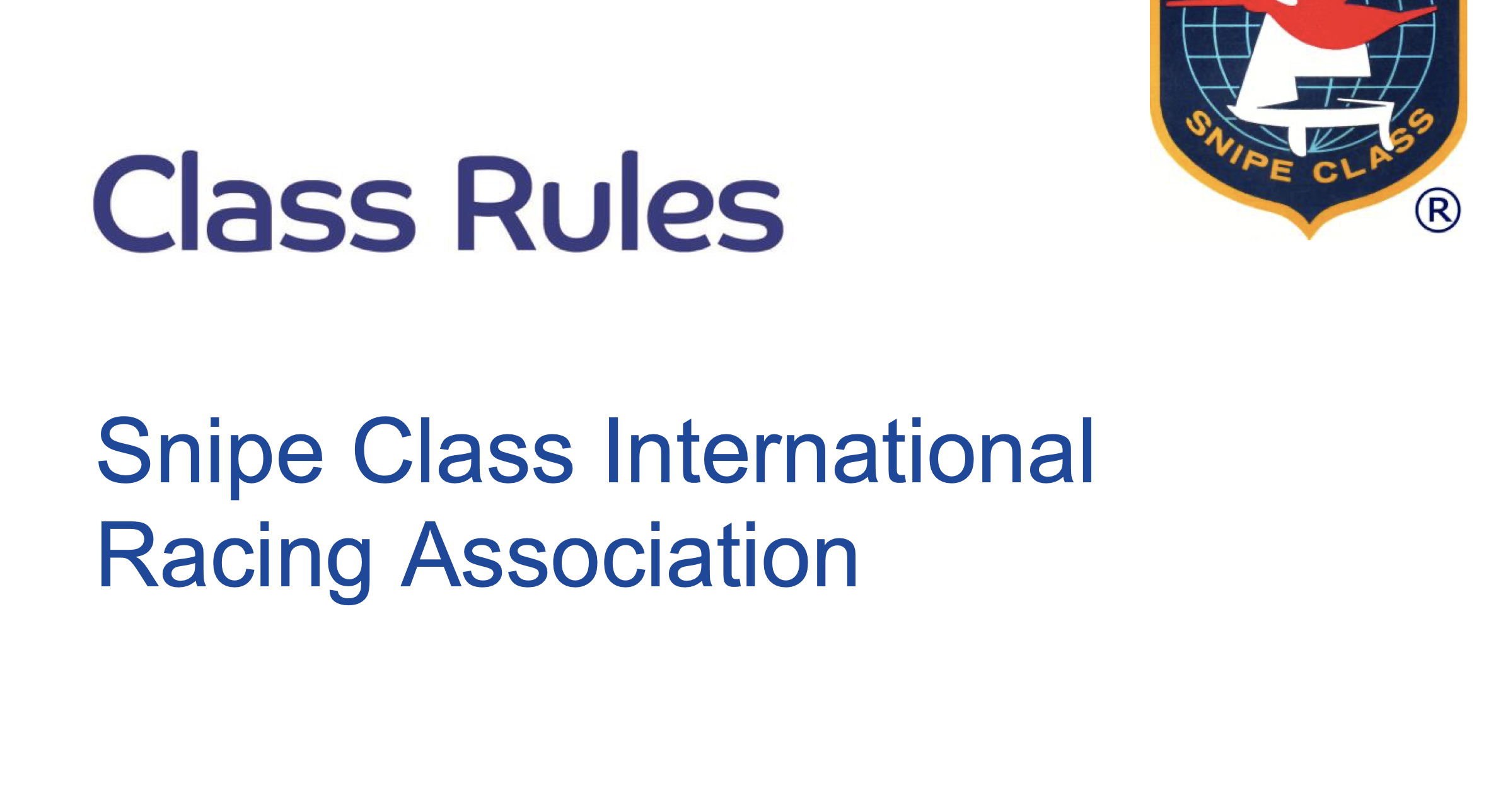
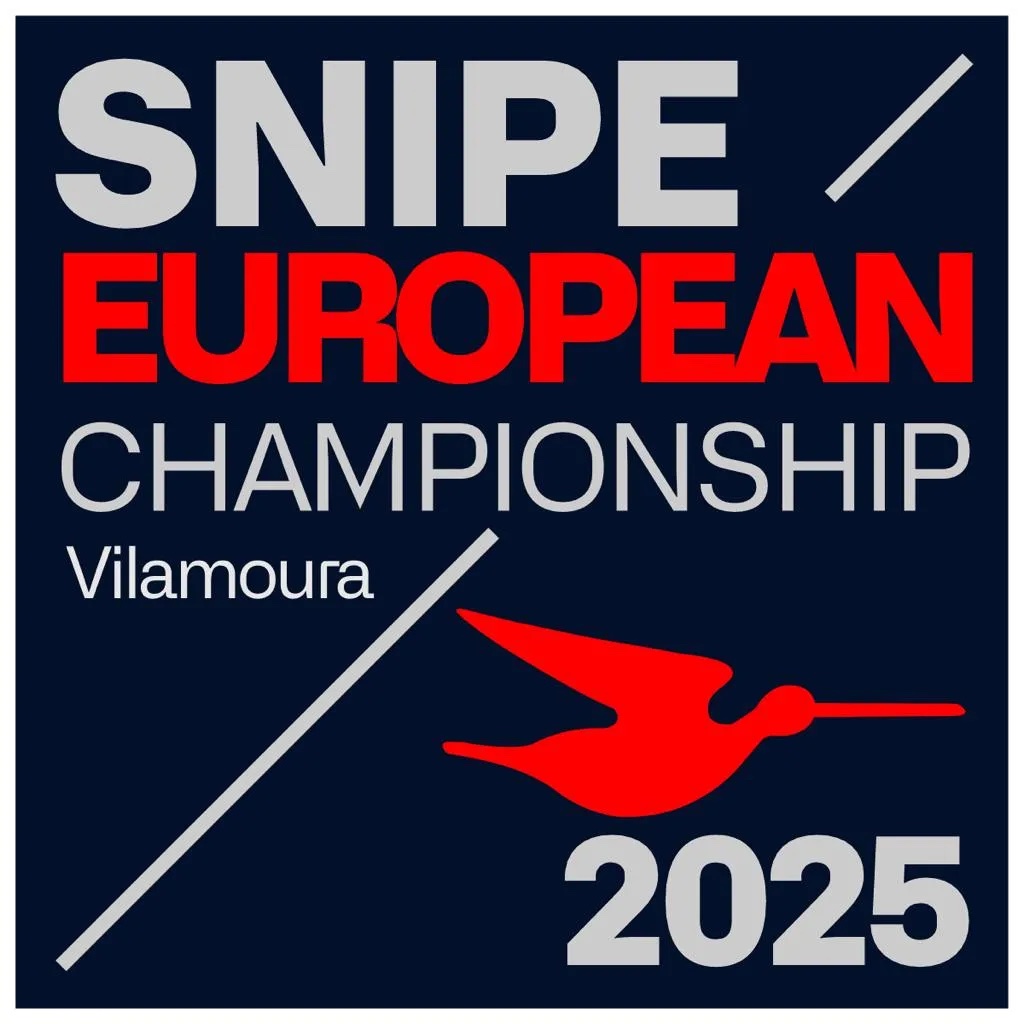
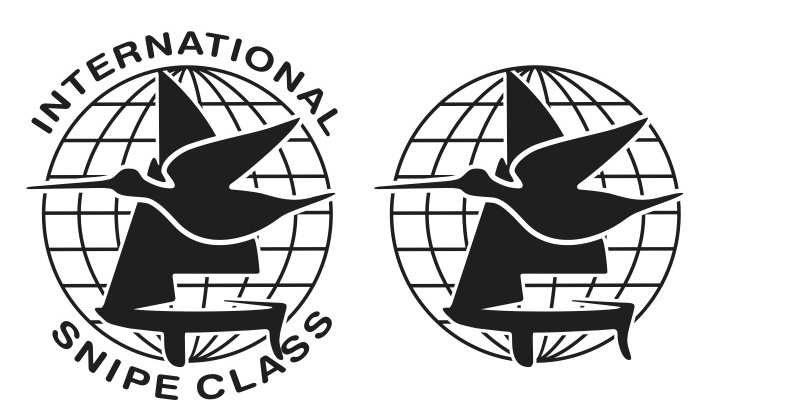
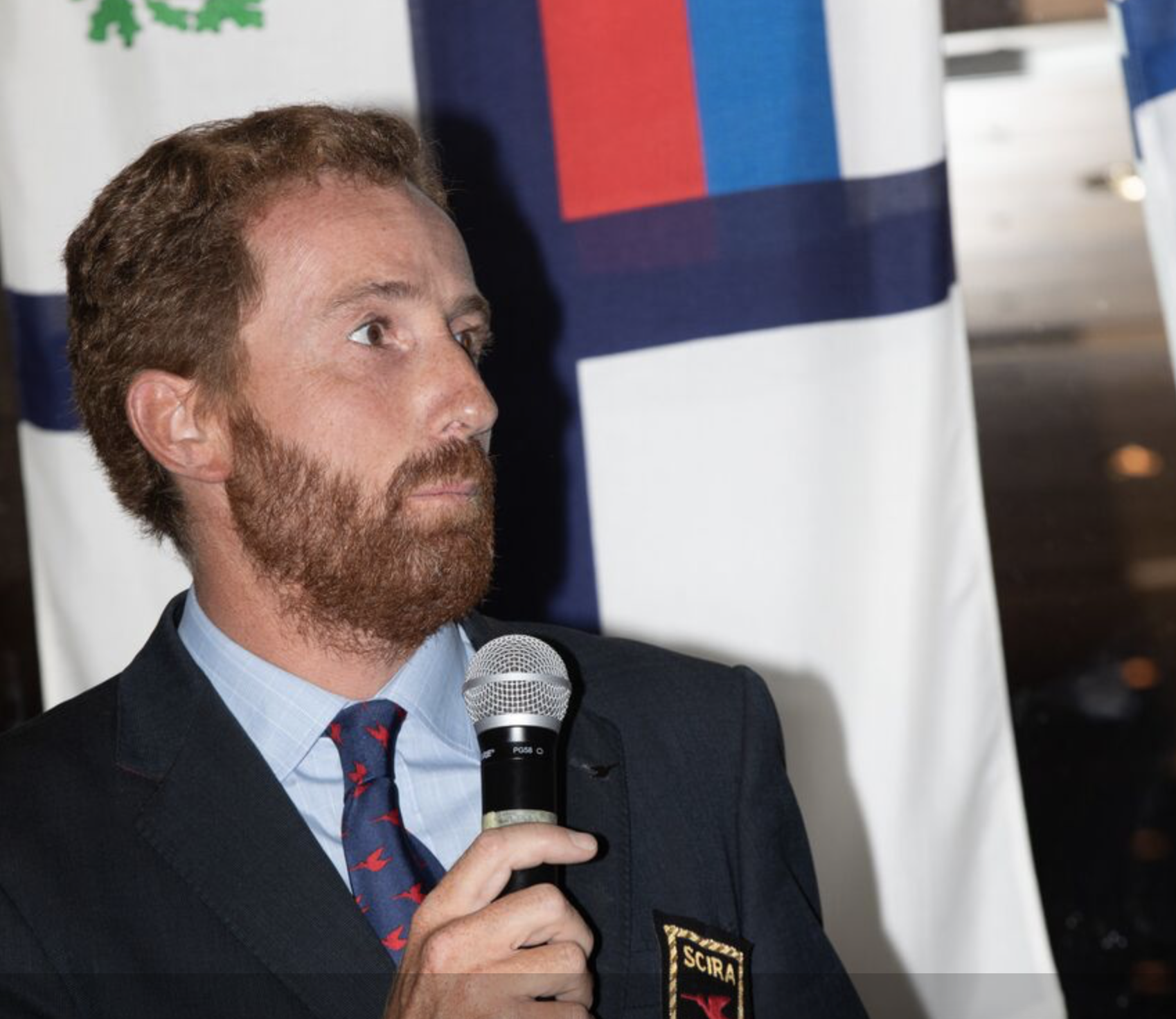
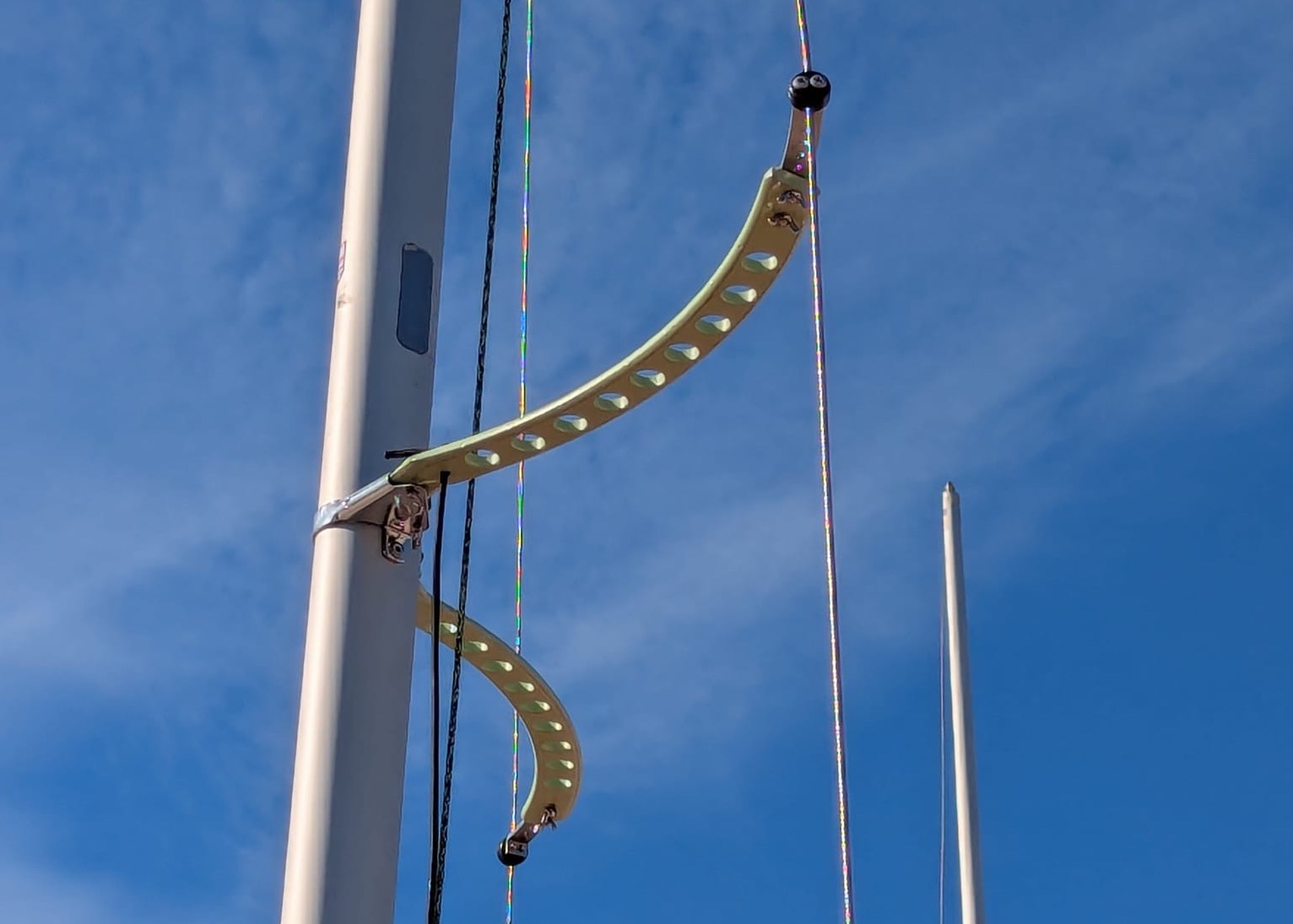
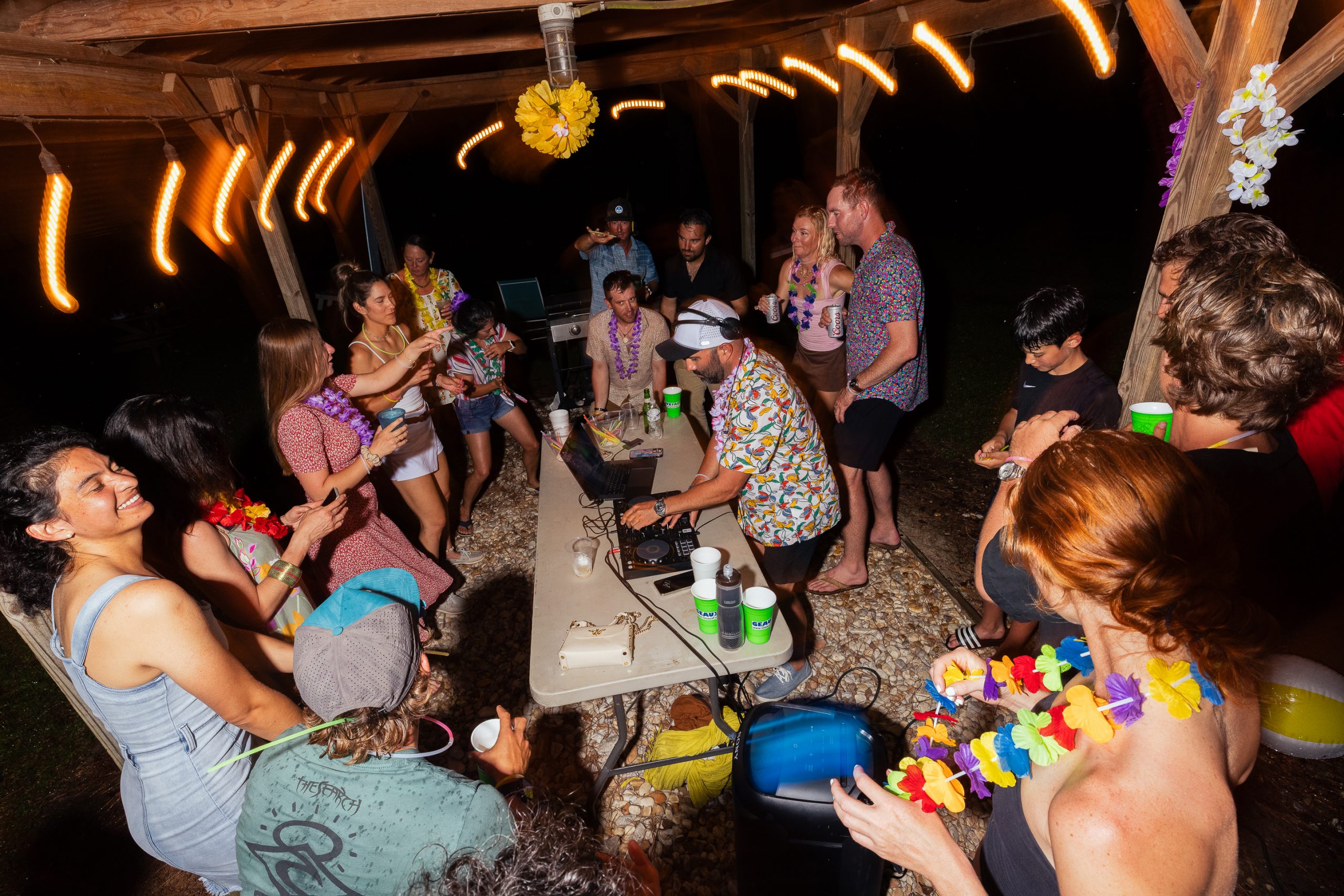

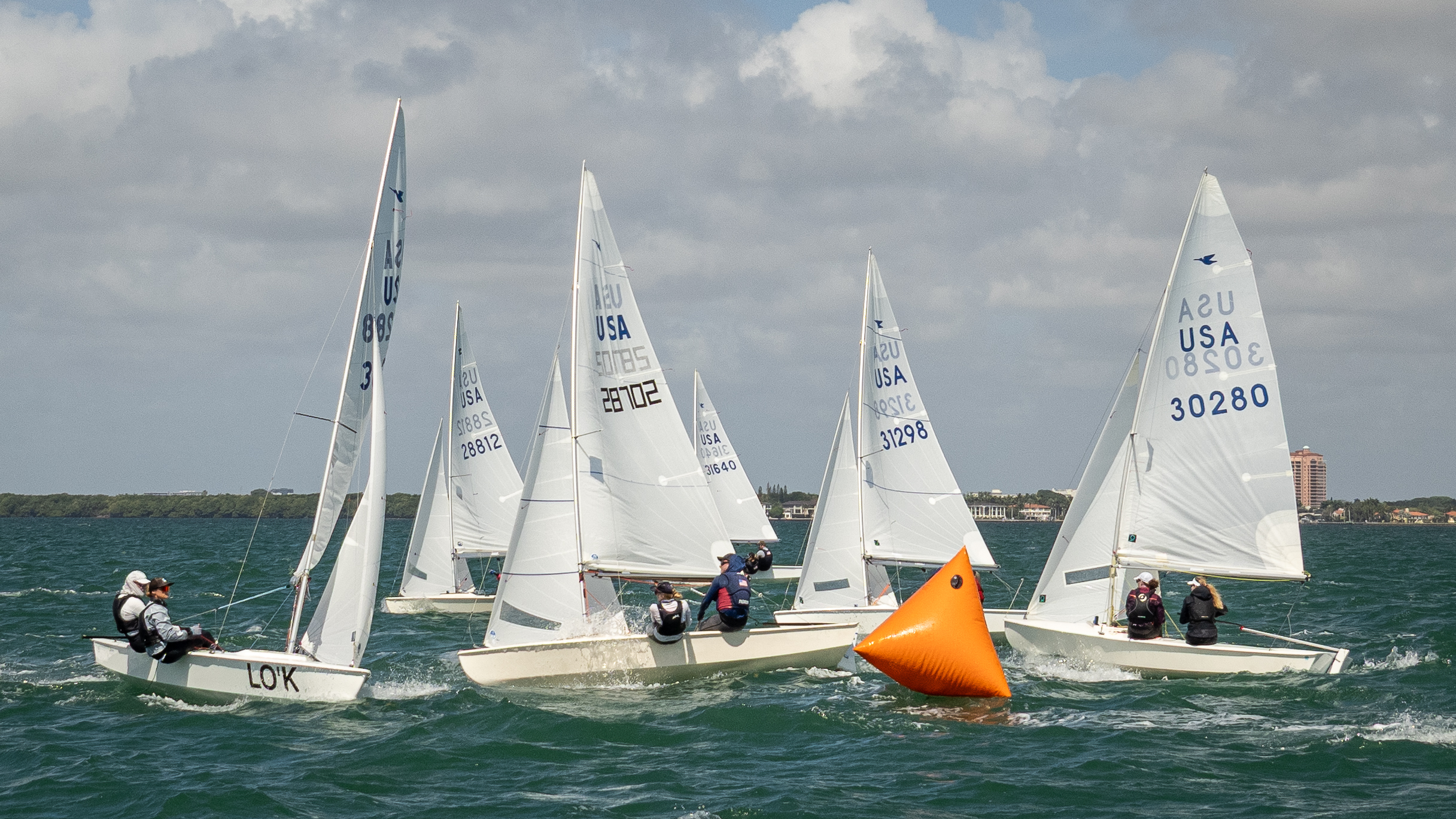
0 comments